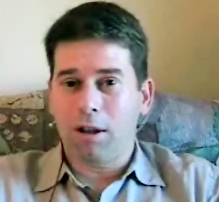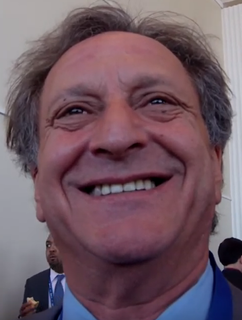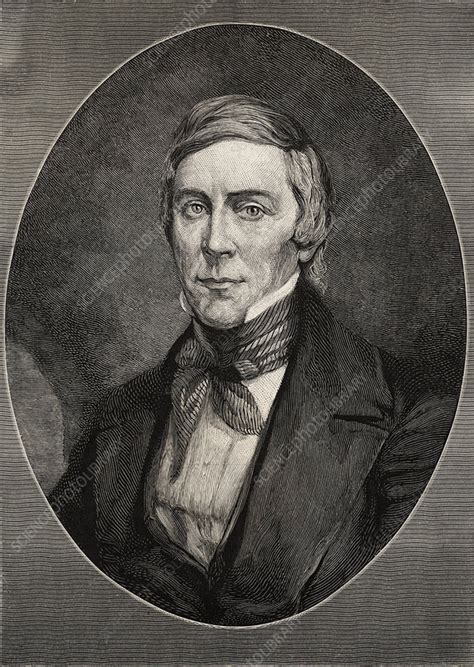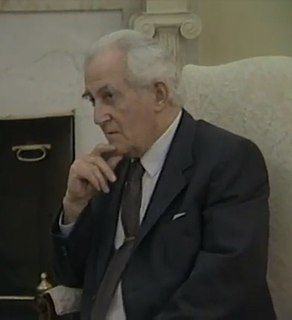A Quote by Daniel Drezner
I've often heard academics disparage non-academic writing in terms that suggest it could be a negative in the tenure process, irrespective of the quality of academic work under review.
Related Quotes
I am thoughtful about introducing terms that tend to be in circulation primarily in academic circles. "Homonormativity" and "homonationalism" are by no means solely academic terms, and in fact circulate in important ways in many activist circles, but in general I find them to be terms that most people I meet are not familiar with.
There's actually a wonderful quote from Stanley Fish, who is sometimes very polemical and with whom I don't always agree. He writes, "Freedom of speech is not an academic value. Accuracy of speech is an academic value; completeness of speech is an academic value; relevance of speech is an academic value. Each of these is directly related to the goal of academic inquiry: getting a matter of fact right."

































